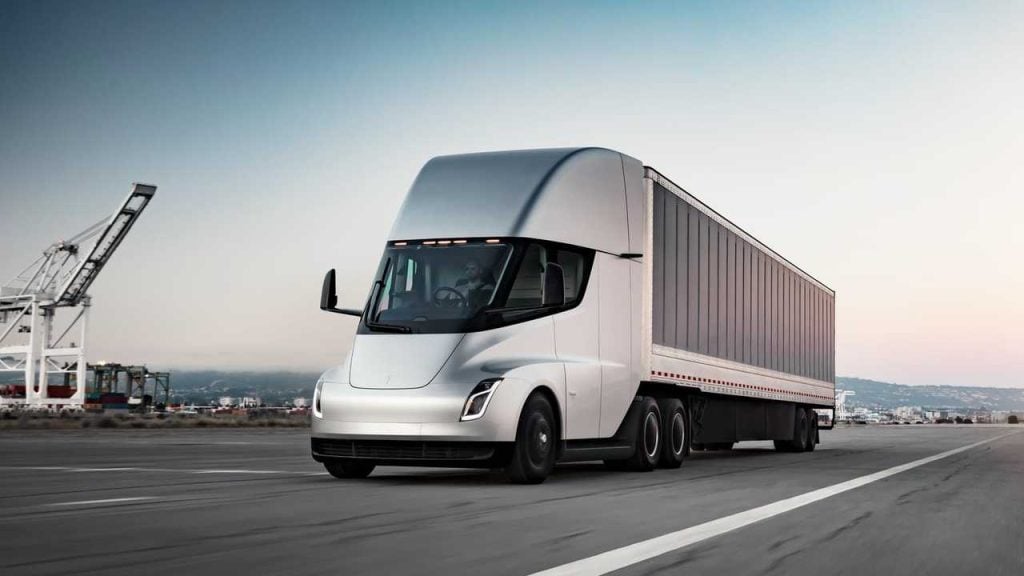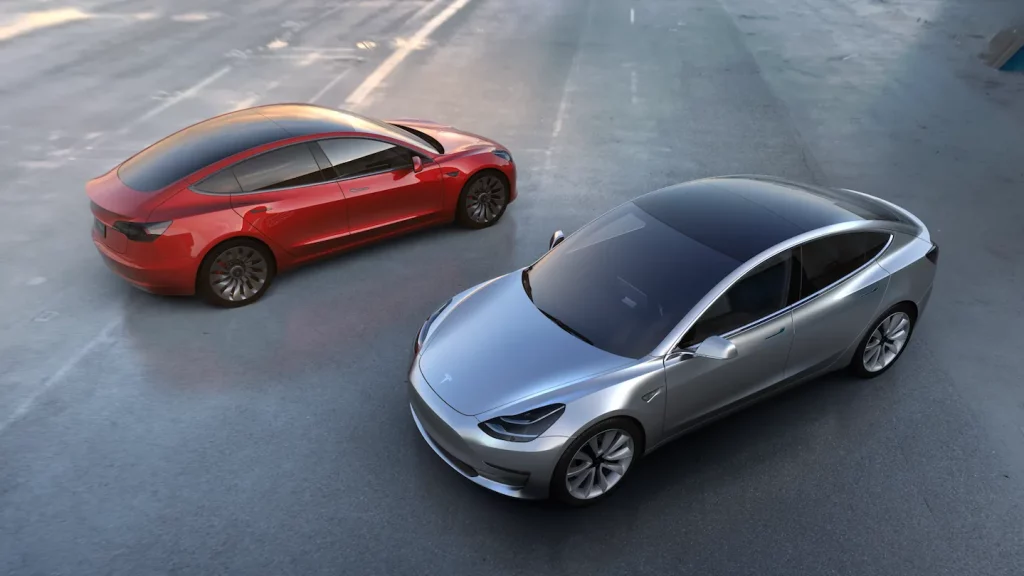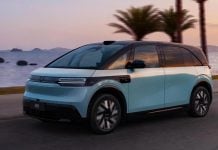The popularity of electric vehicles is increasing every day. However, the technology is still quite expensive. Some Chinese manufacturers, such as BYD, are working on different models to change this situation, but their developments are not affecting the European and American markets. Fortunately Tesla has a solution for affordable EV problem. Here are the details….
Tesla Turns to Iron-Based Batteries for Semi Electric Trucks and Affordable EVs
Tesla has announced plans to utilize lithium iron phosphate (LFP) battery technology in its Semi electric trucks and upcoming affordable electric car. CEO Elon Musk has been a vocal advocate for LFP batteries, which are predominantly supplied by Chinese manufacturers. In March, Musk stated, “the vast majority of the heavy lifting for electrification will be iron-based cells.”

Tesla’s “Master Plan Part 3,” released on Wednesday, revealed that LFP batteries would be used for “short-range” heavy electric trucks, dubbed “Semi Light.” The company has not yet provided further details, such as a launch date. Last December, Tesla began delivering its Semi electric trucks with a 500-mile driving range per charge, utilizing nickel-based batteries. The automaker has also previously announced plans for a 300-mile range version.
The company’s proposed small electric vehicles will use LFP batteries with a capacity of 53 kWh, compared to the 75 kWh capacity in the Model Y and Model 3. Tesla has also committed to reducing assembly costs by 50% in future car generations, which will be manufactured at its factories in Mexico and other locations. The company plans to use LFP batteries in its mid-sized vehicles, Model 3 and Model Y, though a timeline has not been provided. Currently, Tesla uses nickel-based batteries for most of its Model 3 and Model Y vehicles sold in the United States.

Proponents of LFP technology, including Musk, argue that the abundance and lower cost of iron outweigh the drawbacks that have limited the adoption of LFP cells globally. These batteries are larger, heavier, and generally hold less energy than nickel-based cells, resulting in a shorter range. However, LFP cells tend to pose a lower fire risk compared to nickel-based cells. Tesla currently sources LFP batteries from China’s Contemporary Amperex Technology Co, which does not have a factory in the United States. Tesla’s South Korean supplier, LG Energy Solution, has plans to produce LFP batteries at its proposed Arizona factory.
RELATED:
- Best Electric Bikes With The Fastest Speed in 2023
- Xpeng G6 Official Images Released, Boldly Challenging Tesla, But Criticized by Its Own Owners
- Xiaomi needs to fix its smartphone portfolio in India
- Tesla Will Target Mass Market with Budget-Friendly Model 2
- Ampere launches 80-core Arm dev kit with support for Nvidia RTX…
(via)







